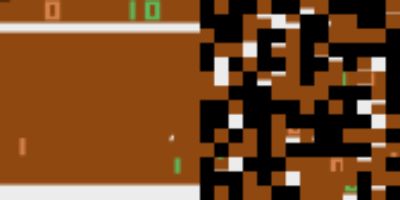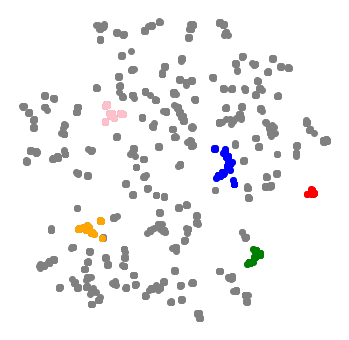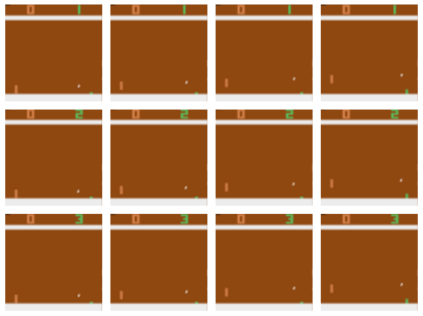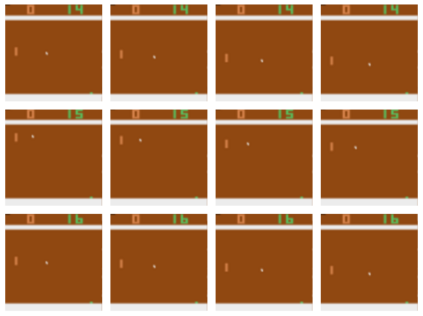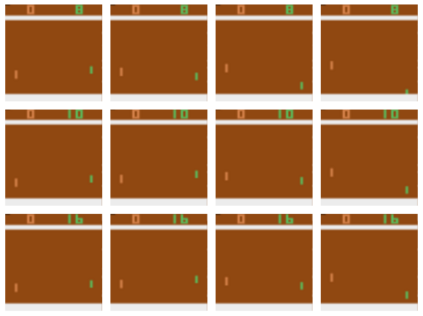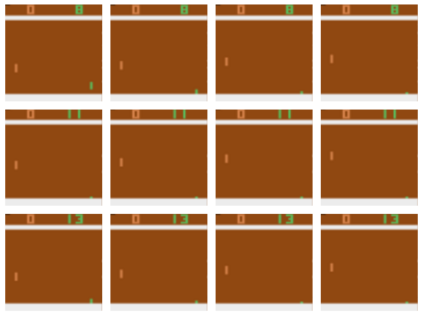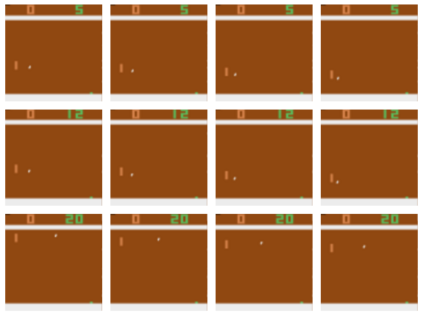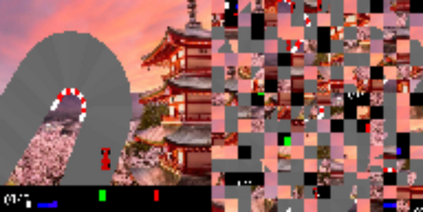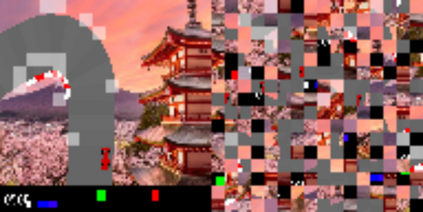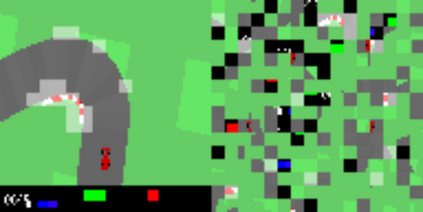In complex systems, we often observe complex global behavior emerge from a collection of agents interacting with each other in their environment, with each individual agent acting only on locally available information, without knowing the full picture. Such systems have inspired development of artificial intelligence algorithms in areas such as swarm optimization and cellular automata. Motivated by the emergence of collective behavior from complex cellular systems, we build systems that feed each sensory input from the environment into distinct, but identical neural networks, each with no fixed relationship with one another. We show that these sensory networks can be trained to integrate information received locally, and through communication via an attention mechanism, can collectively produce a globally coherent policy. Moreover, the system can still perform its task even if the ordering of its inputs is randomly permuted several times during an episode. These permutation invariant systems also display useful robustness and generalization properties that are broadly applicable. Interactive demo and videos of our results: https://attentionneuron.github.io/
翻译:在复杂的系统中,我们经常看到复杂的全球行为来自一系列在环境里相互作用的代理人,每个代理人都只能根据当地提供的信息行事,而不知道全局情况。这些系统激励人们在诸如蜂群优化和蜂窝自动成形等领域开发人工智能算法。在复杂的细胞系统出现集体行为的情况下,我们建立系统,把环境中的每一种感官输入输入输入都输入到不同但完全相同的神经网络中,每个网络都没有固定的关系。我们显示,这些感官网络可以接受培训,以整合当地收到的信息,并通过关注机制进行交流,从而可以集体产生一种全球一致的政策。此外,即使其输入的顺序在某一事件期间随机地调整了几次,这个系统仍然能够执行其任务。这些变异性系统还显示出广泛适用的实用性强性和一般化特性。我们结果的交互式演示和视频:https://atantiveneron.github.io/。




































